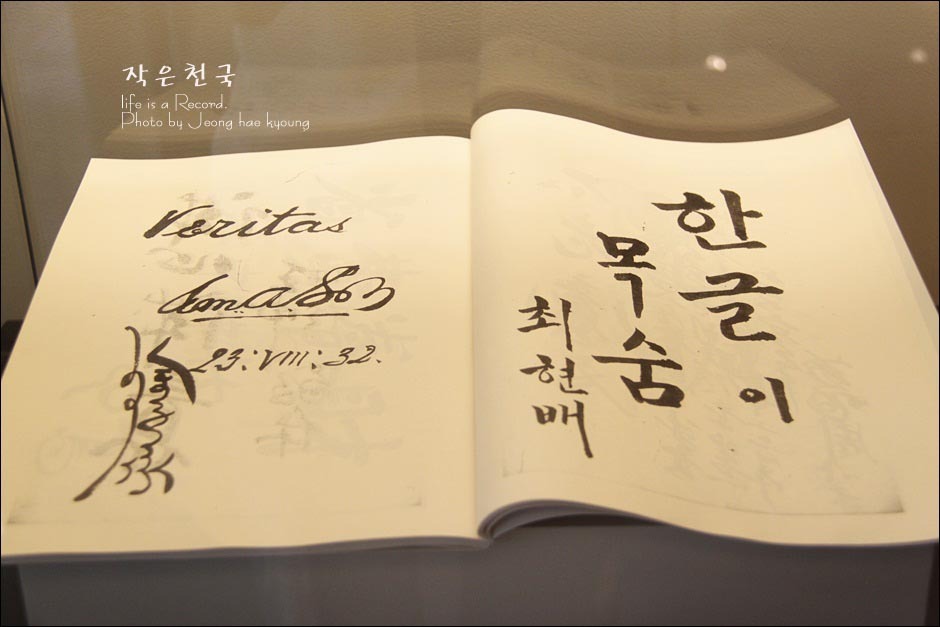How will the world change over the next millennium? Everything will change: from lifestyle and culture, to international politics and economics. This makes the posited question extremely interesting.
As science will continue to advance rapidly, technology that can only be dreamed of by modern man will become commonplace in the future. For example, computers will become essential tools such as pen and paper, or possibly become obsolete like the typewriter. Human beings will rely more and more on machines, which may lead to human-machine interfaces and cyborgs, or simply robots becoming common household appliances. Space travel will become as common as air travel, and humanity may even begin to colonise other planets or moons.
As this field can flow in completely unpredictable directions, it is extremely hard to know what will come. One thing is for sure: there is infinite potential in science for at least the next thousand years.
The continuing evolution of medicine and advanced hygiene policies will increase the lifespan of the world. This will bring upon the aging of the population, a “disease” that already plagues some developed nations. Governments may even respond with extreme solutions such as setting an age limit (or killing the elderly to change the demographics), but the more likely option is lengthening the period of youth or reversing aging to prevent the phenomenon of an elderly population.
Socially, the internet will allow for a ubiquitous society, bringing together the entire world. However, the internet is a double-edged sword that may improve interpersonal relationships, but also cause people to become antisocial and communicate only via electronic screens. Unfortunately, it is unlikely the gap between the rich and poor will be filled. The reason being, people’s basic instinct to take from others to improve their own life means that there will always be those who are rich and those who are poor.
In mankind’s history, there have been only a few empires that have survived over a millennium. Even the United States of America that currently is the leading nation is showing signs of deterioration, and China will instead rise to the top over the next few hundred years. But no one knows who will be the strongest power in the year 3000, as even a (currently) weak nation may suddenly strike and claim the throne.
For example, the Roman empire 2000 years ago, the Mongol empire 1000 years ago, and the Ottoman empire 200 years ago have all fallen and have only become pages in history books now.
Even after two vicious world wars, future nations may ignore history’s teachings and cause a third world war, which could involve the use of nuclear weapons. In this case, the world will definitely be unrecognisable compared to now.
Alternatively, history may take a peaceful course where the concept of “nations” crumble and instead a united world is formed.
An even more interesting thought is “How will future people see us?”. As we mock the unsanitary conditions, violent history and underdeveloped science of the past, the future may laugh at concepts such as paternalism and communism, or even our fashion of jeans and shirts.
On the other hand, it is possible that works such as Harry Potter or House MD will be seen as classics and become the future Shakespearean plays.
As seen from this, the possibilities for the future are endless, and pondering the different futures sometimes bring light to ways to improve the present.






